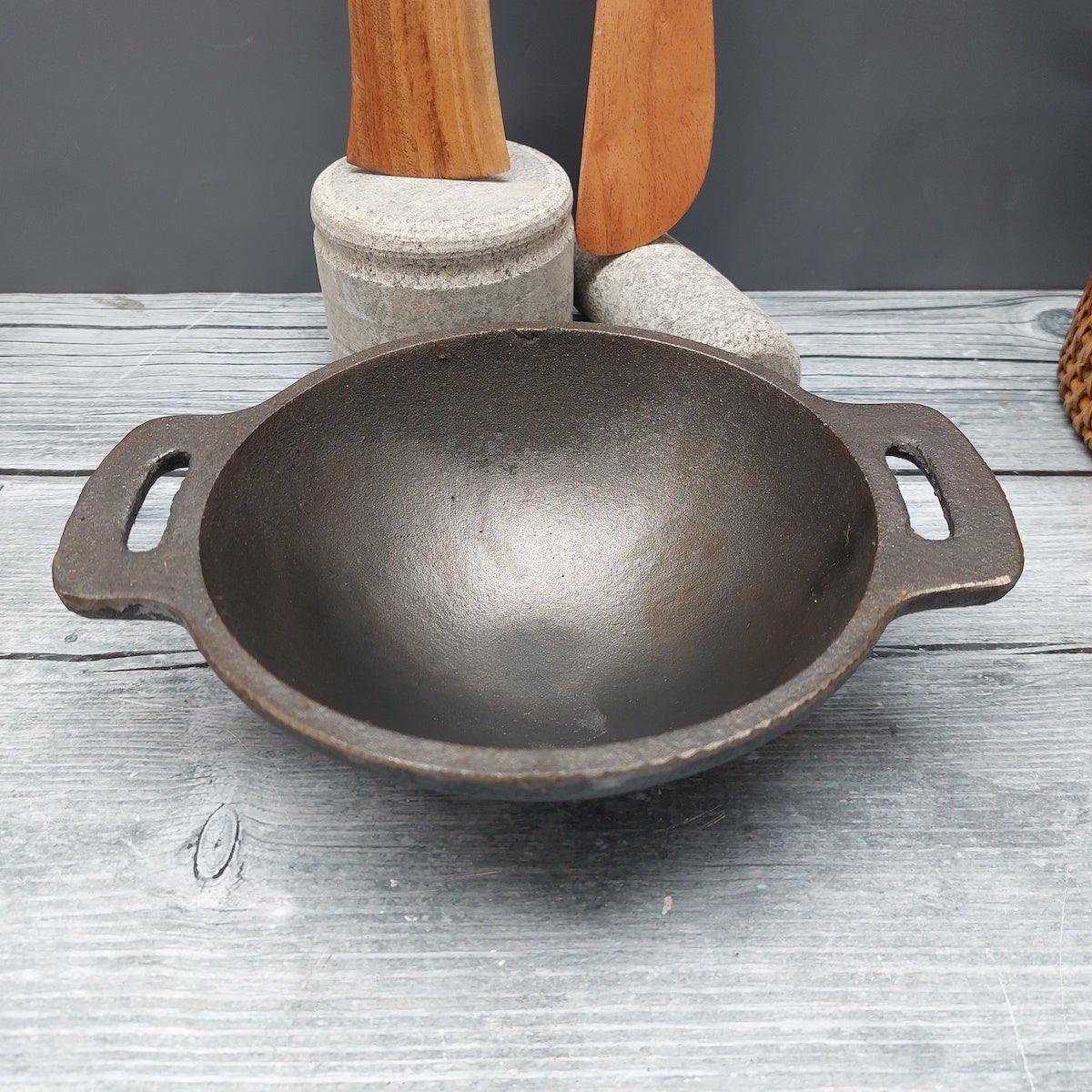Copper cookware has a long history in Indian civilization, dating back thousands of years. The use of copper for cooking vessels can be traced to ancient times when people discovered the various benefits associated with this metal. Here are some key aspects of the history behind the use of copper cookware in Indian civilization:
- Ancient Ayurvedic Practices: In ancient India, Ayurveda, the traditional system of medicine, emphasized the importance of cooking and consuming food in a way that promotes health and well-being. Copper was recognized for its antimicrobial properties and its ability to positively influence the human body. Ayurvedic texts recommended the use of copper utensils for cooking and storing water.
- Thermal Conductivity: Copper is an excellent conductor of heat, allowing for even distribution across the surface of cookware. This property was valued in Indian cuisine, where many dishes involve complex combinations of spices and precise cooking temperatures. Copper pots and pans helped achieve uniform heating and control over the cooking process.
- Antimicrobial Properties: Copper has natural antimicrobial properties that help inhibit the growth of bacteria. In the time before modern refrigeration, the use of copper cookware helped preserve food and reduce the risk of contamination. This was especially crucial in the Indian climate, where high temperatures could contribute to the rapid spoilage of food.
- Rituals and Traditions: Copper utensils were also significant in various cultural and religious rituals. Many Indian households traditionally used copper vessels for cooking during festive occasions and religious ceremonies. The metal was associated with purity and played a symbolic role in these rituals.
- Artisanal Craftsmanship: The craftsmanship involved in creating copper cookware also became an art form. Skilled artisans crafted intricate designs and shapes for utensils, making them not just functional but also aesthetically pleasing. Copper cookware often had a prominent place in the kitchens of the elite and was considered a status symbol.
While the use of copper cookware has evolved over time with the introduction of various materials and cooking technologies, it still holds a special place in traditional Indian households. Many people continue to appreciate the unique qualities of copper for specific culinary purposes and its cultural significance in Indian cuisine.
Blending Traditions in our Modern Homes!
Blending the traditions of using copper with modern culinary practices involves incorporating the unique properties of copper cookware into contemporary cooking methods. Here are some tips on how to achieve this fusion:
- Selective Use of Copper Cookware: Integrate copper cookware selectively into your kitchen. You don't need an entire set; a few key pieces, such as copper water jugs / glasses, kadai or degchis, can make a significant impact.
- Embrace Copper for Specific Cooking Tasks: Leverage the thermal conductivity of copper for tasks that benefit from even heat distribution, such as sautéing, frying, and making sauces. Copper pans excel in precise temperature control.
- Aesthetic Display: Showcase your copper cookware as both functional tools and decorative elements in your kitchen. Hang copper pots and pans on a rack or display them on open shelves to add a touch of traditional elegance.
- Pair with Modern Appliances: Integrate copper cookware seamlessly with modern kitchen appliances. Use copper pots on induction cooktops with compatible bases, or pair them with contemporary ovens for versatile cooking options.
- Maintenance and Cleaning: Understand and practice proper maintenance of copper cookware. Regularly polish and clean copper items to maintain their lustre. Modern cleaning products designed for copper can make this process easier.
- Combine Materials: Complement your copper cookware with other materials. For example, use copper pots for certain tasks and earthen cookware for others. This approach allows you to enjoy the benefits of copper while addressing the specific needs of different dishes.
- Experiment with Traditional and Modern Recipes: Adapt traditional recipes to modern tastes and cooking methods. Use copper cookware to prepare classic dishes with a contemporary twist. Experiment with fusion recipes that combine traditional Indian flavours with global culinary influences.
- Educate Yourself: Learn about the properties of copper and how they interact with different types of food. Understanding the science behind copper cookware will help you make informed decisions about when and how to use it in your kitchen.
- Functional and Stylish Kitchen Accessories: Invest in copper kitchen accessories like utensils, bowls, or even copper-trimmed cutting boards. These items can add a touch of tradition to your kitchen while remaining functional.
- Customization and Innovation: Consider custom-made or innovative copper cookware that combines traditional craftsmanship with modern design. Look for pieces that not only serve practical purposes but also enhance the visual appeal of your kitchen.

Copper Modak Patra
By blending the rich traditions of using copper with modern culinary practices, you can create a kitchen that honors the past while embracing the convenience and efficiency of contemporary cooking.




2 comments
surekha
Hi,
is it induction safe?
Parvez F Billimoria
Please send me the catalog of Copper products
Leave a comment
All comments are moderated before being published.
This site is protected by hCaptcha and the hCaptcha Privacy Policy and Terms of Service apply.